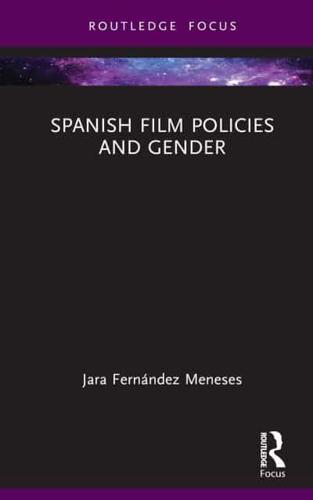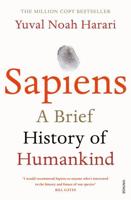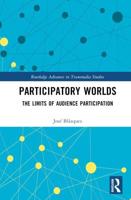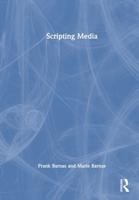Publisher's Synopsis
This book provides a comprehensive cultural and historical account of the key film policies put into place by the Spanish state between 1980 and 2010 through a gendered lens, framing these policies within the wider context of European film legislation.
Departing from the belief that there is no such thing as an objective and value-neutral approach to policy analysis because our society is organised around gender, this volume builds upon Pierre Bourdieu's theory of field to propose that film policies do not emerge in a vacuum because they respond to different demands from those agents involved in the field of the Spanish cinema. By so doing, it critically assesses how these policies have come into being, by whom, in response to what interests, how they have shaped the Spanish film industry, and how far and in what ways they have tackled gender inequality in the Spanish film industry.
This book will be of great interest to scholars and students of Spanish cinema, gender studies, film industry studies, film policy, and feminist film studies.











